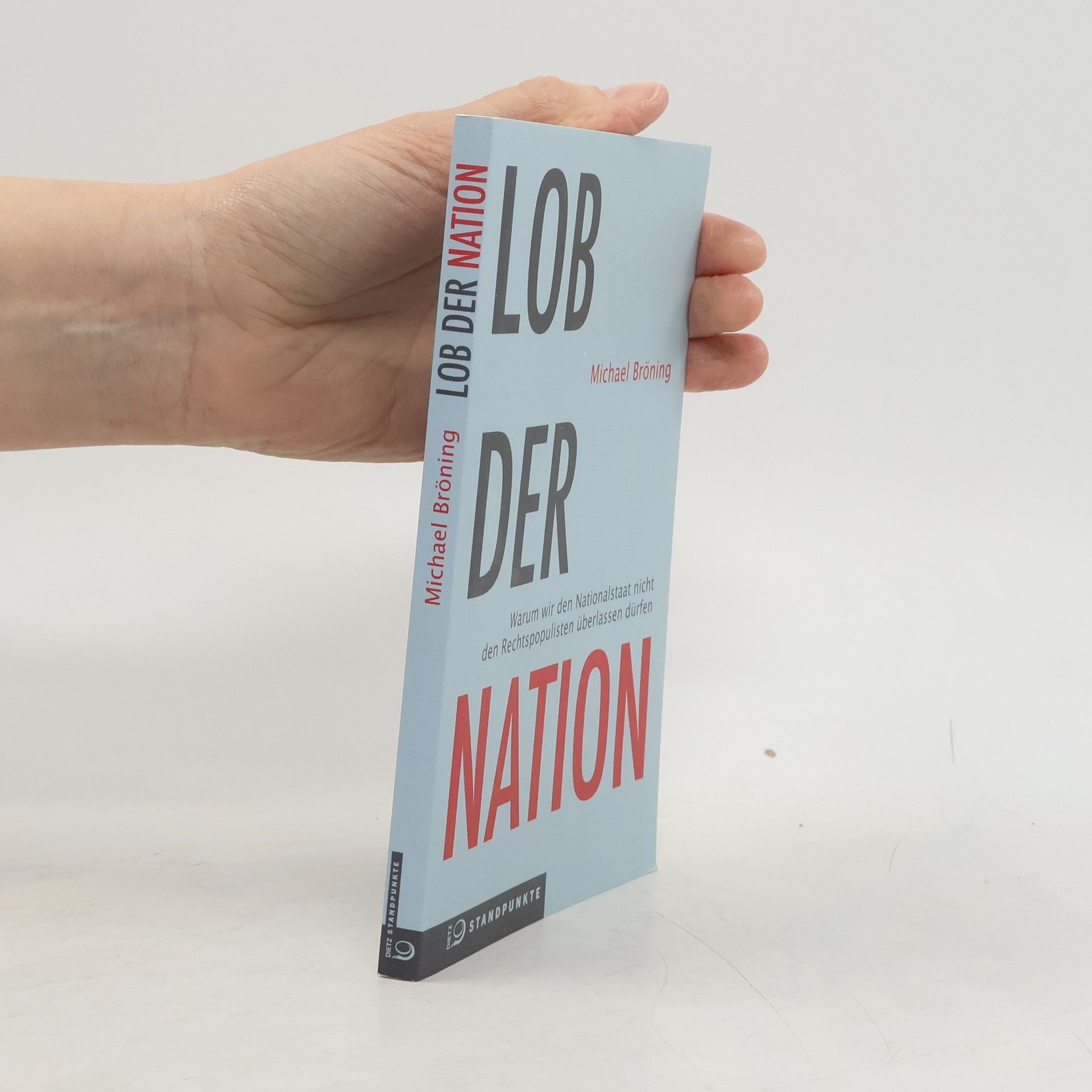Vom Ende der Freiheit
Wie ein gesellschaftliches Ideal aufs Spiel gesetzt wird
Was bedeutet Freiheit in Zeiten der Pandemie? Ist der Kampf gegen den Klimawandel zwangsläufig ein Kampf gegen freie Selbstbestimmung? Wie kann eine offene Debatte unter Bedingungen der totalen Vernetzung und der allgegenwärtig beschworenen politischen Alternativlosigkeit verteidigt werden? Und: Wer schützt unsere Gesellschaften vor dem schleichenden Gift identitätspolitischer Spaltung? Freiheit und Demokratie stehen unter Druck - weltweit. Doch oft wird übersehen: Nicht nur Rechtsextremisten und religiöse Fundamentalisten stellen Autonomie und Gleichheit in Frage. Auch Teile der politischen Linken wenden sich immer häufiger gegen das Prinzip der Freiheit. Ausmaß, Hintergründe und die brisanten Folgen durchleuchtet Michael Brönings so klarsichtiger wie streitbarer Zwischenruf. Höchste Zeit, die Freiheit als Kern des demokratischen Versprechens wiederzuentdecken!

